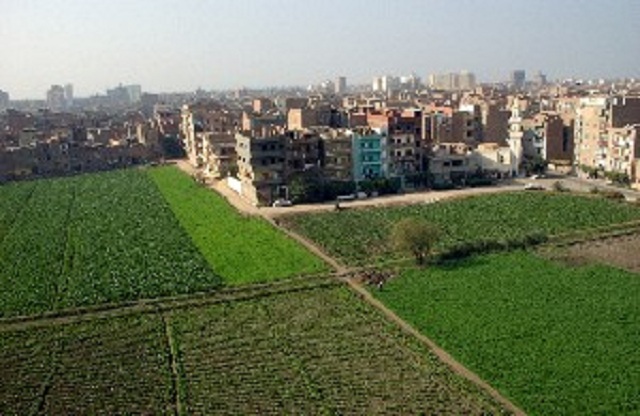Agriculture column: Growing greener cities and African agricultural opportunities: Part 2

Agriculture Column, Tapuwa Mashangwa
THE “Greener Cities” concept is structured around production of fruit and vegetables in and around urban areas, which would have clear comparative advantage over rural and other sources in supplying urban residents with fresh, nutritious — but highly perishable — produce all year round.
It generates local employment, reduces food transport costs and pollution, creates urban green belt and recycles urban waste as a productive resource.
In the first status report on urban and peri-urban horticulture in Africa presented in Rome, Food and Agriculture Organisation of the United Nations in 2012 highlighted that for this concept to be functional, governments would have to improve access to land.
The vast majority of market gardeners, in most of the countries reviewed, operate on land they do not own, under a variety of temporary tenure arrangements or without title of any kind.
They make their livelihoods within notoriously “fuzzy” systems of land ownership, with overlapping formal and traditional tenure rights, and rapidly changing land uses and values.
Without secure title to land, those livelihoods can be terminated by a council order to uproot crops growing in violation of city by-laws; by a local leader reclaiming land granted under an unwritten contract; by a real estate developer staking out a subdivision for new housing; or by an invasion of low income families come to build the first shacks of a peri-urban settlement.
That is why vegetable plots are often found on land reasonably safe from construction, such as roadsides, and near zones unfit for habitation — and food production — such as garbage dumps and industrial waste sites. Where pressure from urbanisation is more intense, gardeners reduce their risk by sowing indigenous leafy vegetables that can be harvested within a few weeks, and by using low cost (and portable) technologies such as watering cans.
In Yaoundé, valley bottom market gardeners may produce most of the city’s leafy vegetables, but “all are farming illegally” because they do not have permits from the state, which owns the land.
Most have been forced, at one time or another, to move.
In Lagos, growers use vacant land earmarked for industrial development and can be evicted without notice or compensation.
Access to water would have to be improved. In the dry season in Accra, a typical 300 square metre plot of leafy vegetables requires around 80,000 litres of water over a 30-day period. But in most African cities, good quality water is a scarce and expensive commodity, and water supply utilities see their customers as domestic consumers and industry.
Only in countries where horticulture has been promoted as part of urban development have governments installed irrigation and drainage systems for market gardens.
FAO’s review found, however, that irrigation canals in Brazzaville and Kinshasa that were damaged during civil strife in the 1990s are still in disrepair.
Where irrigation and drainage are not provided for horticulture – the case in most African cities – vegetable growers make their own arrangements.
In Bujumbura, many limit cultivation to the rainy season.
But that is when rural farmers also grow vegetables, leading to a glut of fresh produce in city markets and much lower prices.
During the dry season, tap water is rarely an option, since municipal networks normally do not reach gardening areas and, anyway, drinking water is too expensive to use on crops.
Governments would also have to liaise with banks and the financial institutions.
Investing in their own production – for example, purchasing good seed of higher value vegetables, or a motor pump, or fencing to protect crops from theft – would help market gardeners improve their productivity, their contribution to the urban food supply and their own incomes.
A study in Ghana found that production loans had a greater positive impact on gardeners’ earnings than age, years of schooling, gender, household size or number of agricultural extension visits.
However, insecure land tenure not only stifles vegetable growers’ capacity to build up working capital; without title to land, they have virtually nothing to offer financial institutions as collateral.
Women, who face higher legal barriers to land ownership, are particularly disadvantaged.
Eng. Tapuwa Justice Mashangwa, a young entrepreneur based in Bulawayo, Founder and CEO of Emerald Agribusiness Consultancy. He can be contacted on +263 739096418 and email: [email protected]










Comments